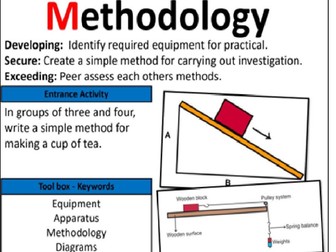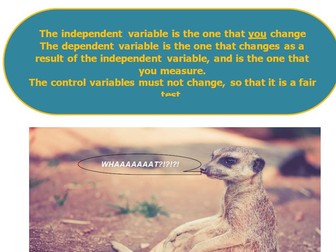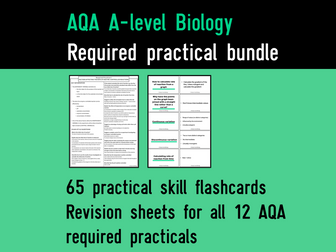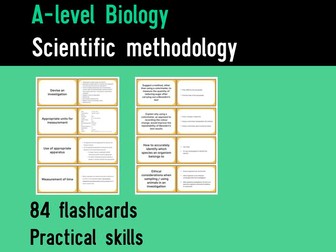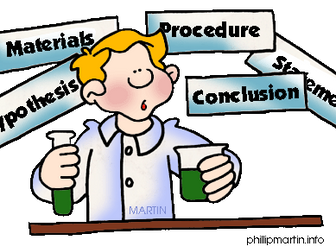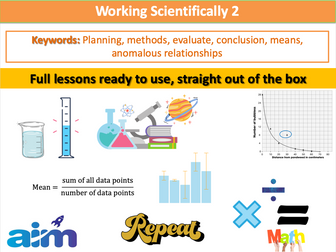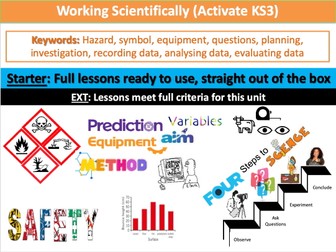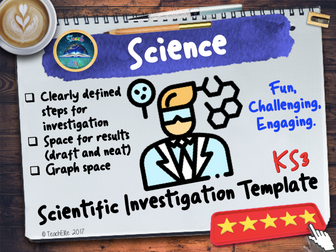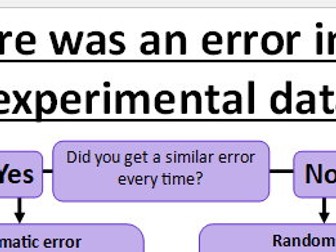
Scientific Methodology - Planning Investigations
A presentation suitable for KS4 looking at planning investigations. Presentation includes multi-choice questions to engage students and get them thinking about the subject throughout the presentation.
Learning Objective(s):
Explore investigative procedures to enable you to plan your own investigations.
Main Skills: Interpret written text, make decisions and predict outcomes.
Duration: Approximately 45 mins
34 slides covering:
• Asking Questions
• Preparing for Investigations
• Variables
• Preparing Equipment
• Equipment - Scientific Glassware
• Equipment - Electronic Balances
• Equipment - Consumable Chemicals
• Equipment - Technological (Calculators, Probes and Computers)
